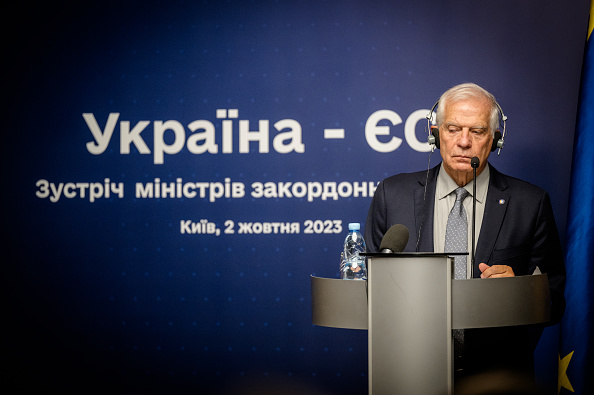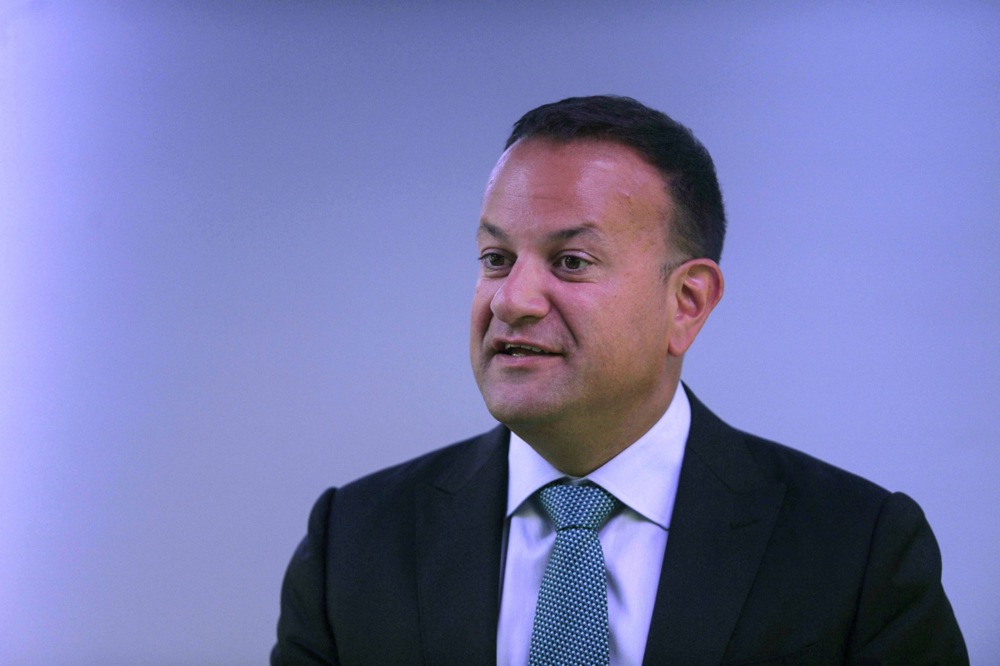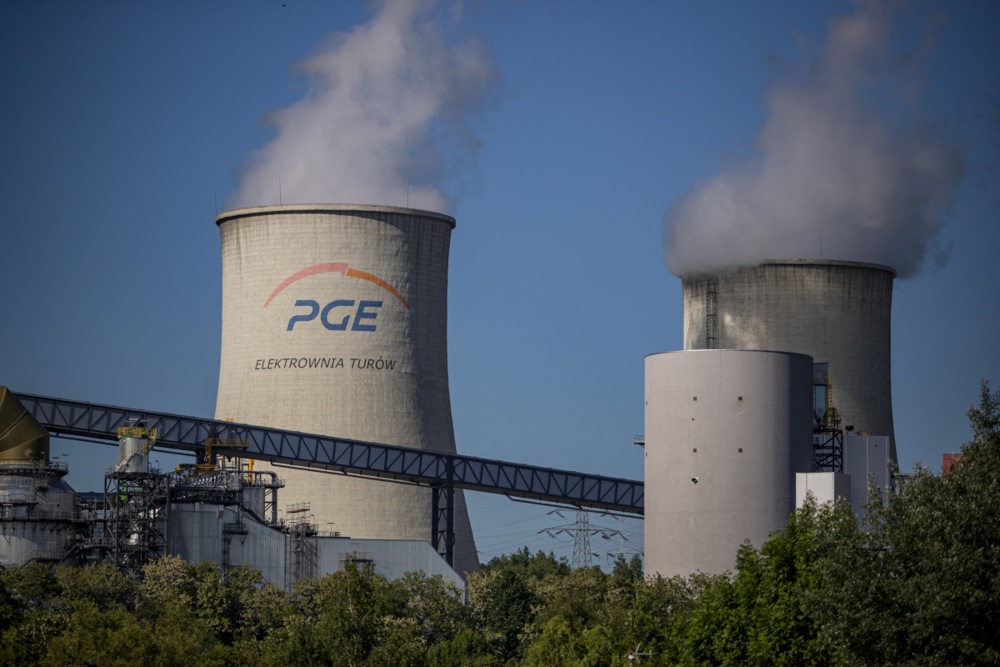Albanian prosecutors indicted former prime minister Sali Berisha on corruption charges on October 22 in what proponents of the country’s accession to the European Union hope will boost its membership prospects.
The US and UK have both banned Berisha from entering their countries, accusing him of involvement in corruption and of links to the Albanian mafia.
Setting up an agency to prosecute corruption “was a key precondition of Albania opening accession talks with the EU”, Andi Hoxhaj, a law lecturer at University College London, told Brussels Signal.
Lead prosecutor Altin Dumani last December became head of the new agency, called SPAK (Special Anti-Corruption Structure).
Altin Gjeta, an Albanian politics researcher at the University of Birmingham, said the EU has been “the biggest sponsor of judicial reform”, and so wanted “some success stories to back their investment and legitimise their decisions on enlargement”.
SPAK’s indictments of Berisha and his son-in-law Jamarber Malltezi “certainly tick some boxes in the EU membership path of Albania”, but also “risk making the judiciary dependent on the international community’s support”, he said.
Corruption has been a defining feature of Albanian life, driving widespread emigration by the country’s youth and slowing its EU membership journey. When asked, some 25 per cent of Albanians told Transparency International they had paid a bribe to use public services in the past 12 months.
France, Germany, Denmark and the Netherlands cited corruption when they vetoed opening EU accession talks with Albania between 2018 and 2021.
Still, Russia’s invasion of Ukraine, combined with early SPAK successes, convinced the EU to launch membership talks with Albania in July 2022.
In 2021, Albania’s former attorney general Adriatik Llalla was sentenced to two years in prison for hiding his wealth, and in 2022 former interior minister Saimir Tahiri was jailed for three years and four months for abuses of power.
Before the anti-corruption agency was established, wealthy and influential Albanians could generally avoid prosecution on corruption charges by paying bribes, said Hoxhaj.
The charges against Berisha, who was Albania’s prime minister from 2005 to 2013, relate to the 2005-2009 privatisation of grounds belonging to Tirana-based football club Partizani. High-rise apartment buildings were then built on the site.
SPAK accuses Berisha of manipulating the sale to benefit his son-in-law. Berisha called the charges a smear campaign orchestrated by the current Albanian Prime Minister Edi Rama.
For many Albanians, Berisha’s indictment “began to give hope” to people who had seen “the political caste as an organised gang, or rather a democratic narco regime”, said Ermira Kondo, an Albanian journalist living in France.
Likewise, Ardian Hoxha, who runs an angel investor network in the region, said he hoped Berisha’s indictment “will clean criminals and organised crime from all the parties, and will open the door for the prosperity of all Albania”.
Adrian Haxhiaj, who runs a tech start-up in Albania, agreed saying: “Organised crime in Albania as everywhere has no ideological colour.”
The Albanian mafia “use politics as the door opener for their activities. On the other hand, the politicians get the best out from their connections”, he added.
Indicting Berisha “sets a precedent in trying high-profile politicians such as a former PM,” said Gjeta.
It also fed “into the EU’s narrative of ending impunity and strengthening the rule of law in Albania as pre-conditions to advance in the EU accession process”, as had been the case for Romania, Bulgaria and Croatia, he added.
He did say there was danger in making the judiciary too dependent on the international community, and that anti-corruption efforts hang too much on the prospect of joining the EU.
There was an “increased level of corruption in Bulgaria, Romania and Croatia after their EU accession”, Gjeta claimed.





